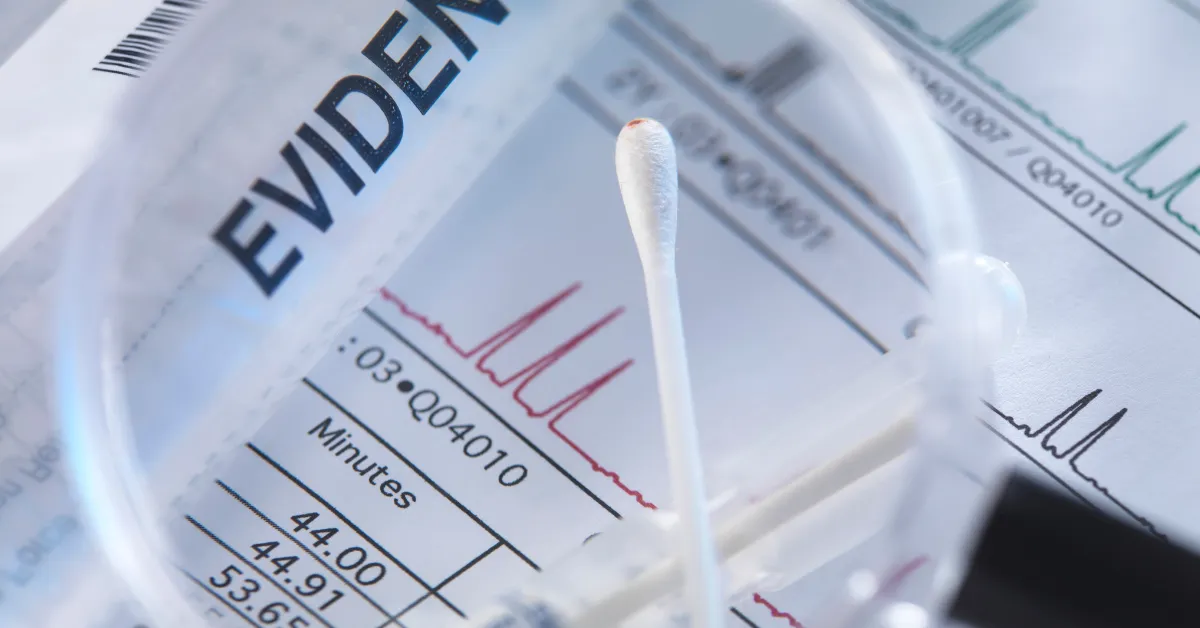DNA Evidence Under Fire: How a Colorado Forensic Scandal Could Impact Criminal Defense Cases

DNA evidence has long been considered a cornerstone in criminal investigations, offering the promise of definitive conclusions regarding guilt or innocence. However, recent developments within the Colorado Bureau of Investigation (CBI) have cast a shadow over this gold standard. A former CBI forensic scientist, Yvonne “Missy” Woods, has been accused of manipulating DNA data, potentially affecting hundreds of cases across Colorado, including those in Colorado Springs.
This incident underscores the critical importance of scrutinizing DNA evidence in criminal defense and highlights the necessity for defense attorneys to be adept in forensic science to ensure justice is served.
The Role of DNA Evidence in Criminal Cases
DNA evidence serves as a powerful tool in the criminal justice system. Its applications include:
- Identifying Suspects: Matching DNA from crime scenes to potential perpetrators.
- Exonerating the Innocent: Clearing individuals wrongfully accused or convicted.
- Corroborating Testimonies: Supporting or refuting witness statements.
The precision of DNA analysis has revolutionized criminal investigations, providing a level of certainty previously unattainable. However, the integrity of this evidence is paramount, as any compromise can lead to miscarriages of justice.
The CBI Scandal: A Breach of Trust
In March 2024, the CBI revealed that former forensic scientist Yvonne “Missy” Woods had intentionally manipulated DNA testing data over a 15-year period, affecting more than 600 cases.
An internal investigation found that Woods altered, omitted, or deleted data, leading to incomplete or misleading test results. This misconduct has cast doubt on numerous convictions and raised concerns about the reliability of DNA evidence processed during her tenure. (source: cnn.com)
Implications for Criminal Defense in Colorado
The ramifications of this scandal are profound, particularly for defendants in Colorado whose cases may have been affected. Key concerns include:
- Questionable Convictions: Defendants may have been wrongfully convicted based on compromised DNA evidence.
- Erosion of Public Trust: The credibility of forensic evidence and the justice system as a whole is undermined.
- Legal Challenges: Numerous appeals and motions for retrials are anticipated, potentially overwhelming the court system.
Defense attorneys must now meticulously review cases involving DNA evidence handled by Woods to identify potential injustices.
Challenging DNA Evidence: Strategies for Defense Attorneys
In light of the CBI scandal, it is imperative for defense attorneys to rigorously scrutinize DNA evidence. Effective strategies include:
- Assessing the Chain of Custody: Ensuring that DNA samples were collected, stored, and analyzed following strict protocols to prevent contamination or tampering.
- Evaluating Laboratory Procedures: Reviewing the methodologies employed during DNA analysis to identify any deviations from accepted standards.
- Consulting Independent Experts: Engaging forensic specialists to re-examine DNA evidence and provide unbiased opinions.
- Investigating Analyst Conduct: Examining the background and work history of forensic analysts involved in the case to uncover any patterns of misconduct.
By implementing these strategies, defense attorneys can challenge the validity of DNA evidence and advocate effectively for their clients.
The Importance of Knowledgeable Defense Representation
The complexities surrounding DNA evidence necessitate that defense attorneys possess a deep understanding of forensic science. An attorney well-versed in DNA analysis can:
- Identify Weaknesses in the Prosecution’s Case: Spotting errors or inconsistencies in DNA evidence that may exonerate the defendant.
- Effectively Cross-Examine Expert Witnesses: Challenging the credibility and conclusions of forensic experts presented by the prosecution.
- Advocate for Independent Testing: Requesting re-analysis of DNA samples to verify results.
Such expertise is crucial in ensuring that defendants receive a fair trial and that justice is upheld.
Protecting Your Rights: Steps to Take if Affected
If you or a loved one are concerned that your case may have been impacted by the CBI DNA evidence scandal, consider the following steps:
- Consult a Qualified Defense Attorney: Seek legal counsel experienced in forensic evidence to review your case.
- Request Case File Access: Obtain all records related to the DNA evidence used in your conviction.
- Pursue Post-Conviction Relief: Explore legal avenues such as appeals or motions for retrial based on newly discovered evidence of misconduct.
- Stay Informed: Keep abreast of ongoing investigations and legal developments related to the CBI scandal.
Taking proactive steps can help protect your rights and potentially overturn wrongful convictions resulting from compromised DNA evidence.
Conclusion
The integrity of DNA evidence is fundamental to the pursuit of justice. The recent revelations of data manipulation within the Colorado Bureau of Investigation highlight the vulnerabilities in forensic processes and underscore the critical role of vigilant defense attorneys.
By rigorously challenging DNA evidence and advocating for their clients, defense attorneys in Colorado Springs and beyond can help restore faith in the criminal justice system and ensure that the rights of the accused are protected.
If you believe your case may have been affected by compromised DNA evidence, it is imperative to act swiftly. Contact a knowledgeable criminal defense attorney to review your case and explore your legal options. Your rights and freedom may depend on it.


